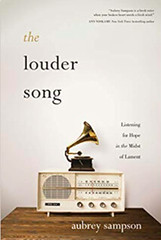Grief, spiritual doubt, chronic pain, suffering; when we are hurting it can be hard to say, “God’s got this, God’s got me.” Aubrey Sampson knows this better than anyone. She walks the path of lament, finding God’s presence in the middle of what may feel like His absence. It’s a grace to welcome Aubrey to the farm’s front porch today…
After a few appointments, my grief-counselor said this: “I’d like you to think of suffering as an invitation.
You have two choices: Continue to pretend like it doesn’t exist, which clearly isn’t working, or accept the offer.”
I am currently unwilling to take this cup.
What precisely does this invitation mean? How difficult will it be to accept?
I catch my first glimpse of the answer when a friend invites me to a choir concert. I could use a night out, a night off from the weight of health issues, mourning the death of family, and chronic pain.
The performance takes place in this cool little theater-in-the-round in downtown Chicago. We grab our seats just as the lights dim, and a large projector screen descends from the ceiling.
Choir members clothed in all black walk onto the stage and start to sing a slow, sad, ancient funeral dirge.
Meanwhile, the screen flashes a trigger warning, then cycles through a series of raw images—a starving mother and baby; a child soldier; lands ravaged by famine; high school students participating in a walkout; a funeral; and other visual depictions of pain, poverty, and corruption.
The mood in the theater, previously expectant, excited for the concert to begin, soon grows sorrowful and heavy. Why did we come here tonight?
I think. This is a mistake.
What my friend and I don’t realize is that while we watch this depressing performance in front of us, a second choir has silently filed into the room and surrounded the entire audience. Quite unexpectedly, they raise their voices and begin to sing over us.
I immediately recognize their song from my adolescent days, a classic U2 refrain: “I still haven’t found what I’m looking for.”
As I listen to the familiar words, a thought begins to gently poke and needle at me: What am I looking for?
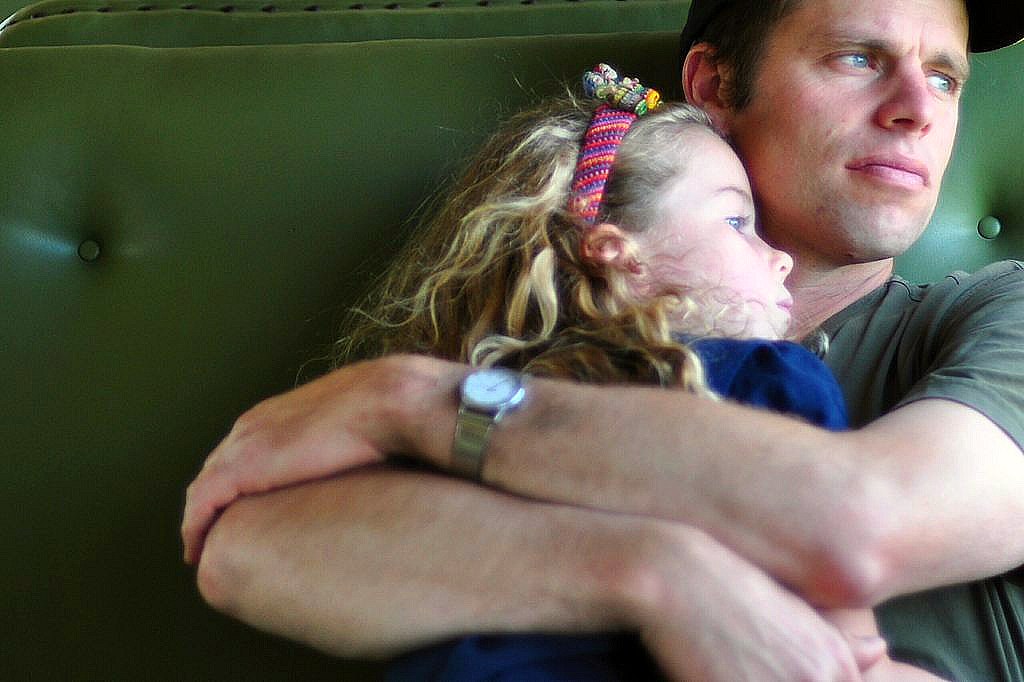
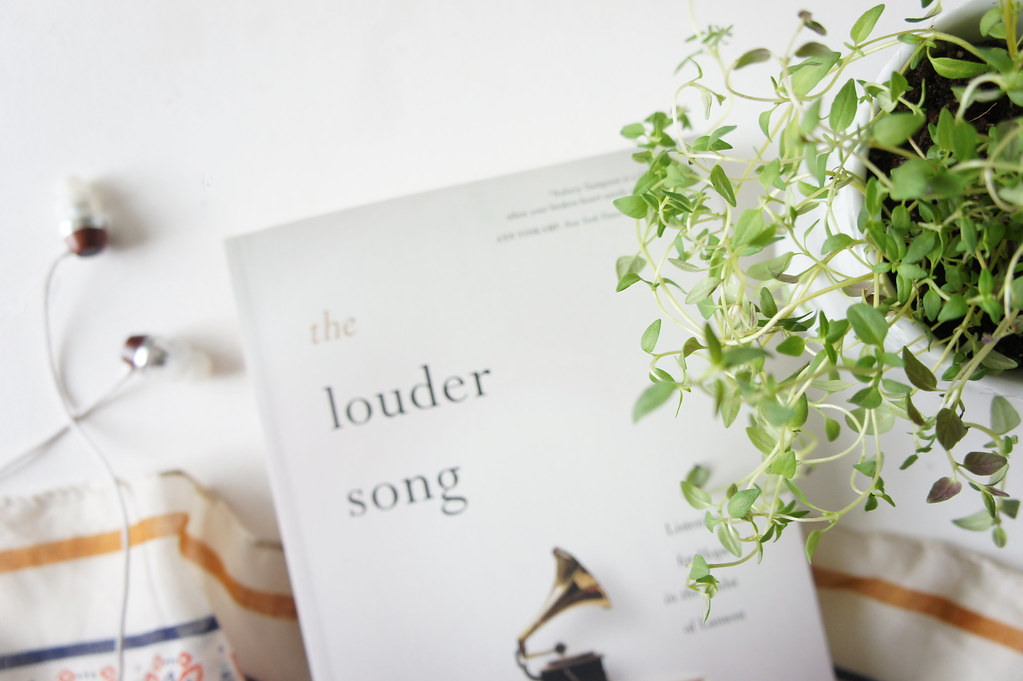


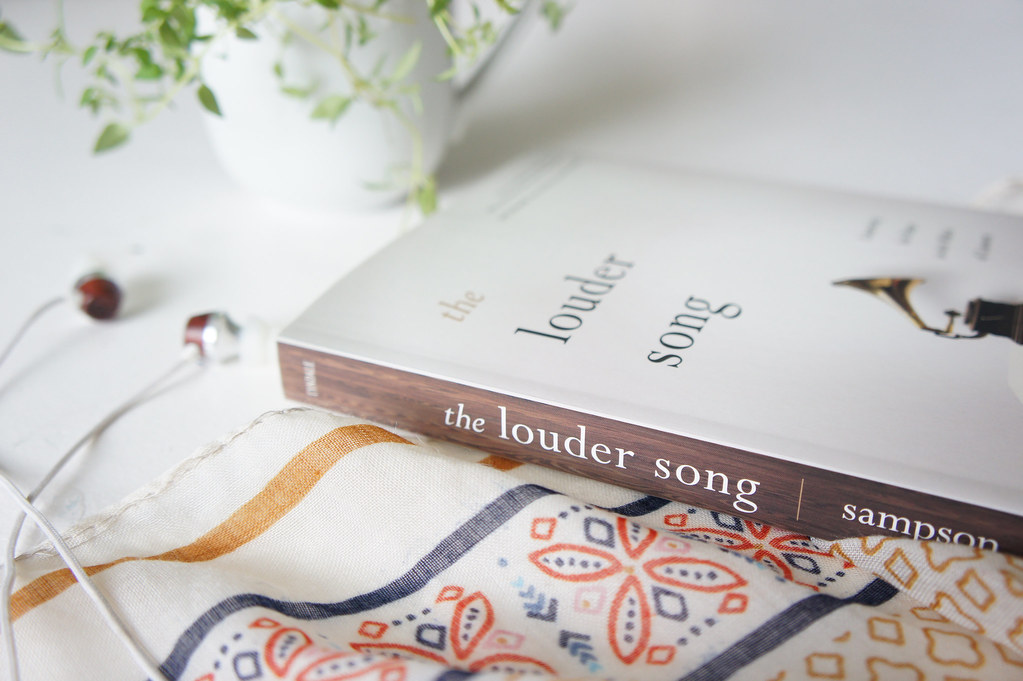


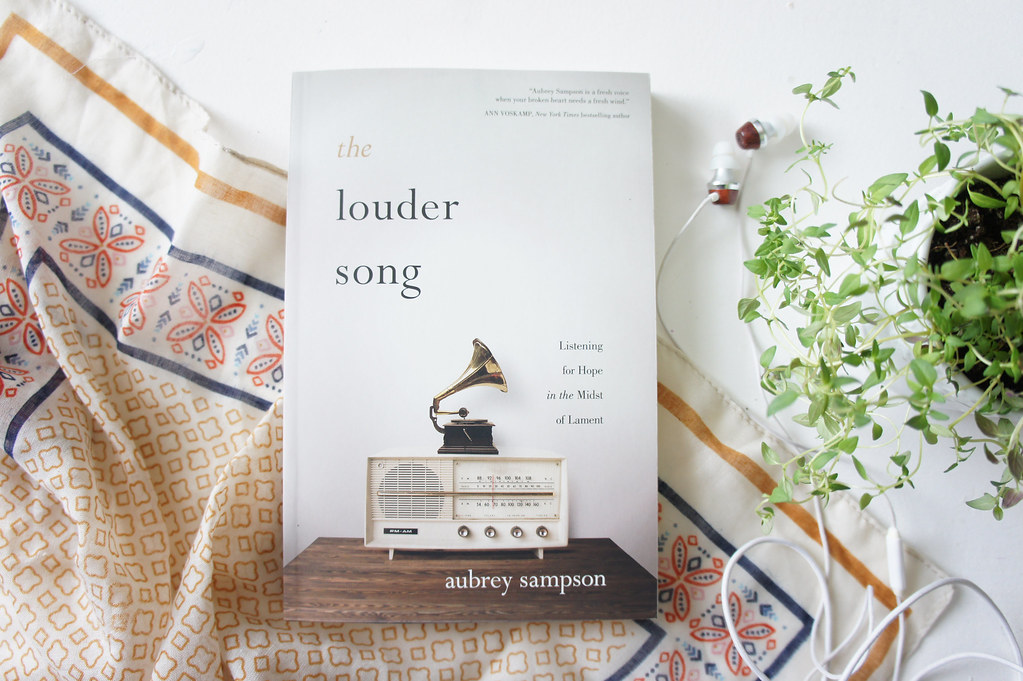

Soon, the answer hits hard, sharply. It’s a realization about the crux of my struggle, the reason why I’ve been relentlessly avoiding the reality of suffering.
It’s not the pain itself, I realize. It’s not even the grief. It’s not the fear about what might happen.
It certainly is those things, but they are coupled with something more, something I haven’t wanted to admit. Something I’m terrified to confess, because then it will be real.
Here’s the truth: I’ve been looking for God to show up, and He hasn’t. Or if He has, I can’t seem to find Him.
I’m disappointed with God.
He hasn’t acted like Himself.
He hasn’t intervened, or healed, or done what I’ve assumed He should.
He didn’t keep my cousin alive.
He didn’t protect my bones from disease.
He didn’t prevent my son’s struggles.
Where’s the healing, the wholeness, the rescue in Jesus that I’ve been promised?
I’ve walked with Jesus for so long. We’ve been through much together. We’ve overcome together. But now I feel utterly and completely abandoned.
I don’t know if He will ever calm this storm. I don’t know if I will ever find a peace that passes all understanding.
Where is God in this?
What’s He doing? I have no answers for these questions.
All I know is that God no longer fits into the box I have designated for Him.
I’m trying so hard to fake hope, but I still haven’t found what I’m looking for. I’m so afraid I never will.
If God never shows up, if He never rescues me, if He never meets me here in this pain, then my entire life of faith—the solid rock upon which I stand—will have been nothing more than quicksand.
Sure, I’m a mature enough Christian to know that when we feel these doubts, we’re supposed to choose faith, choose truth, choose hope. Endure.
But right now I’m tired of “supposed to.”
Tired of pretending to rise above.
I’m here, wanting the same thing every sufferer before me has wanted—proof of incarnation, proof of God’s ability, proof of God’s power over evil. God, if you’re Immanuel, if you’re truly with us, then prove it.
Lost in my thoughts, I don’t realize that something about the concert in front of me is shifting.
Somehow the second song begins to overpower the suffering song in front of us. The dirge-choir is still singing. The visceral images are still flashing in front of us.
But the hopeful song grows louder. The audience’s focus has moved from one song to the other. I believe in the Kingdom Come . . . you broke the bonds and you loosed the chains, carried the cross of my shame . . .
Soon, the choir director invites the audience to sing along with them.
My friend and I sit there listening to the rising voices around us. We’re crying now, both of us. Almost the entire audience is in tears. We’re united by this strange, shared experience.
I’m singing and laughing through tears—that emotional cocktail when you feel everything all at once and your body doesn’t know which outlet to choose.
At last, I give myself permission to drop the pretending, drop the can-do Mary Poppins spirit. From my gut, my chest, my throat, I let out a deep, loud, guttural sigh, a moan. It’s like all the tidy, tightly coiled pieces of my broken, confused heart finally unfurl and release, exploding all at once.
My friend looks at me, shocked, “Are you okay? Do we need to leave?”
“No,” I say more forcefully than I mean to, through tears. “We need to stay right here.”
For the first time in a long time, I choose to be still. To bear witness to my own suffering and the suffering of others.
I don’t want to leave. I want to remain present in what feels like a holy, necessary moment.
This concert director has somehow managed to do something I have not been able to do, and I want—no, I need—to soak it in.
She has artfully acknowledged the existence of evil and suffering without any sugarcoating, without any need to lighten the mood with a show tune, without needing to organize it perfectly on a shelf.
She has allowed the unanswerable to remain unanswered while still declaring that suffering will not have the final say.
And then, from someplace sacred and holy, from somewhere deep within the myth inside all of us, I remember that this is what God does.
In a world full of hate, abuse, and game change, God doesn’t avoid or ignore pain. He sings a louder song over it. And He invites His hurting people to sing with Him.
I reach into my purse and grab the concert program I didn’t have time to read. The title of tonight’s performance is simple as it is profound: A Lament.
Here at this concert, with Bono’s lyrics surrounding me and my friend beside me, I finally understand the invitation of suffering.
Suffering is an invitation to stop pretending.
Suffering in an invitation to stop avoiding.
Suffering is an invitation to let go of control.
Suffering is an invitation to pour out our hearts.
Suffering is an invitation to lament to God.
God has given us the biblical language and practice of lament to express our pain and survive our suffering.
Lament minds the gap between current hopelessness and coming hope.
It helps us listen, because God sings a louder song than suffering ever could.
Aubrey Sampson is the Director of Discipleship and Equipping at Renewal Church in the Chicago area. A speaker, writer, and church planter, Aubrey offers an incredible perspective in the midst of trying experiences. She writes for Propel Women and is a member of the Redbud Writers Guild.
The Louder Song: Listening for Hope in the Midst of Lament is for those who are hurting. There is a pathway through suffering. It’s not easy, but God will use it to lead you toward healing. This path is called lament. Lament leads us between the Already and the Not Yet. Lament minds the gap between current hopelessness and coming hope. Lament anticipates new creation but also acknowledges the painful reality of now. Lament recognizes the existence of evil and suffering―without any sugarcoating―while simultaneously declaring that suffering will not have the final say.
[ Our humble thanks to NavPress for their partnership in today’s devotion ]

